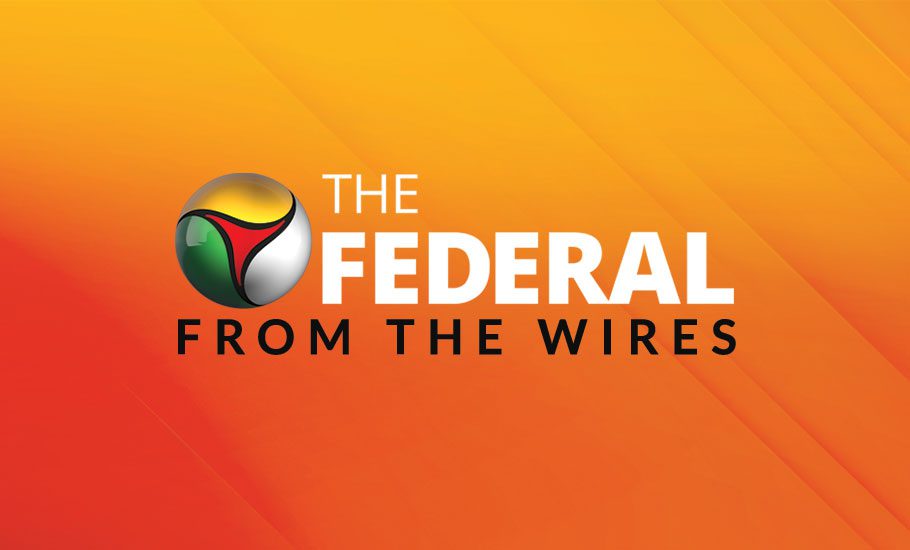
US Chambers of Commerce and NAM files lawsuit against recent H1B regulations

The US Chambers of Commerce, the National Association of Manufacturers (NAM) and several other organisations have filed a lawsuit against the federal government, asserting that recent H1B regulations will undermine high skilled immigration into the United States.
Early this month, in its interim final rule, the Department of Homeland Security announced to narrow the definition of specialty occupation as Congress intended by closing the overbroad definition that allowed companies to game the system.
It also requires companies to make real offers to real employees, by closing loopholes and preventing the displacement of the American worker. And finally, the new rules would enhance the departments ability to enforce compliance through worksite inspections and monitor compliance before, during, and after an H1B petition is approved. Filed on Monday in the Northern District of Columbia, the lawsuit alleges that “harmful and haphazard rules on H1B visas” if left in place, would affect hundreds of thousands of American-based workers and disrupt manufacturers ability to hire and retain critical high-skilled talent.
“The rules being implemented by the Department of Homeland Security and the Department of Labor undermine high-skilled immigration in the US and a companys ability to retain and recruit the very best talent,” said US Chamber CEO Thomas J Donohue.
If these rules are allowed to stand, they will devastate companies across various industries, he said, adding that these measures will discourage investment, diminish economic growth, and impede job creation in the US.
The H1B visa is a non-immigrant visa that allows US companies to employ foreign workers in speciality occupations that require theoretical or technical expertise. It is most sought-after among Indian IT professionals “We need high-skilled innovators now more than ever, and the administrations attempt to rush these rules forward without properly considering their impact on thousands of people on the front lines of developing vaccines and treatments and making critical supplies, as well as saving lives in our hospitals, could have devastating consequences at a critical moment in our history,” said NAM senior vice president and general counsel Linda Kelly.
Rewriting laws through a “dark-of-night-style” rulemaking leads to dangerous policy outcomes, and this pair of interim final rules is an illegal attempt to dismantle legal immigration by rendering the H1B visa programme unworkable for hundreds of thousands of American-based workers who are essential to the recovery and renewal of the industry and the economy, Kelly said.
(Except for the headline, this story has not been edited by The Federal staff and is auto-published from a syndicated feed.)

